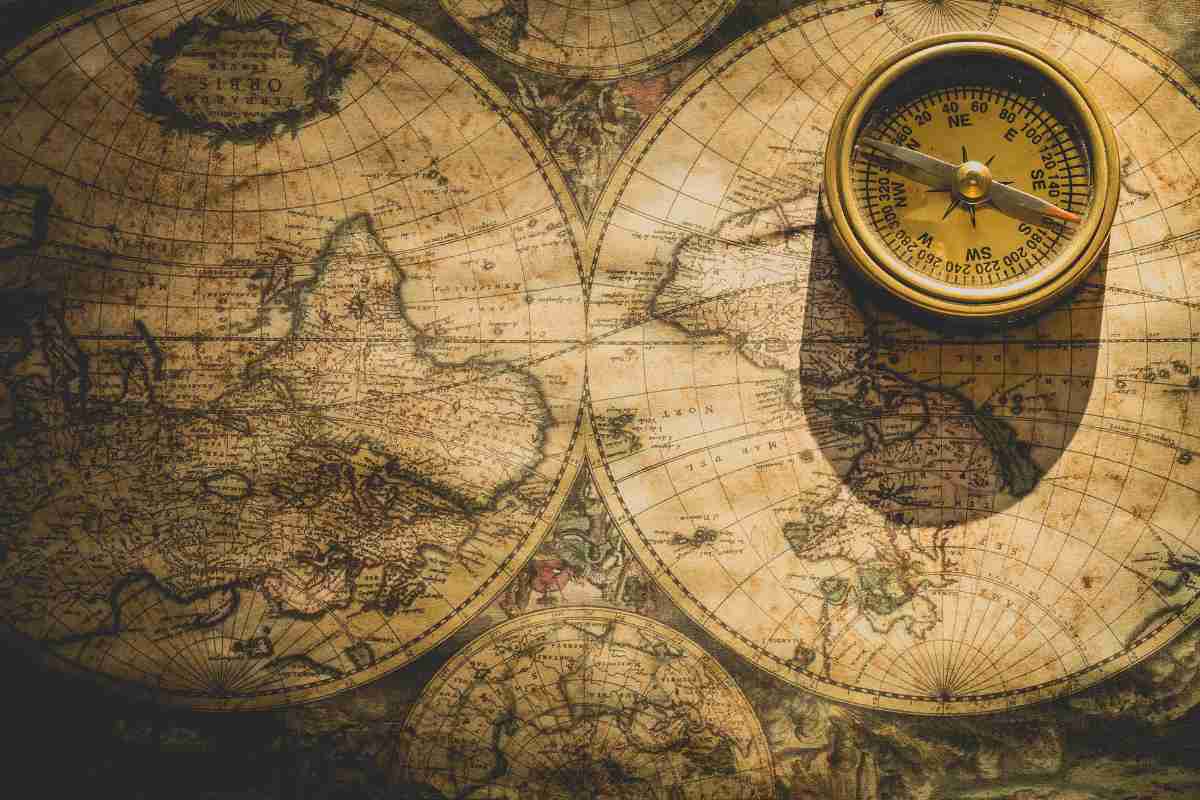
Italian sailors – coming from Columbus’ home city, of course – seem to have known about the existence of the continent 150 years before the famous explorer set foot in the Americas.
Explorer Christopher Columbus made his name for his ‘discovery’ of America under the Spanish flag in 1492. The story goes that he unexpectedly stumbled upon the new continent, believing he had found a western route to the Indies. But did Columbus really not know about the continent of America? An age-old document cautiously suggests so.
Document
In 2013, an ancient document dating back to 1345 was found. The document appears after analysis by the Milanese monk Galvano Fiamma. Researcher Paolo Chiesa has immersed himself in a new study bent over this ancient document. And after a thorough inspection, de Chiesa makes an astonishing discovery: an exceptional passage in the document is said to refer to an area we know today as North America.
America
According to Chiesa, the old document suggests that Italian sailors from Genoa – the home city of Columbus, by the way – already knew about America. And that 150 years before the famous explorer set foot in America. “This is the first reference to the American continent, albeit in embryonic form,” said Chiesa.
Rumors
The researcher shows how Genoa might have been a ‘gateway’ for news. Shipmen who came ashore passed on the stories they heard at sea. And one of the rumors that Fiamma heard was about lands in the far northwest. “These stories were told to the navigators in the northern ports of Scottish, British, Danish and Norwegian sailors with whom they traded,” Chiesa said. However, the rumors were very vague. Because of this, they were not included in cartography or science, Chiesa suspects, while explaining why America was not classified as a new country at the time.
In the relevant passage in the document, the land is described as ‘rich in trees’. It is also mentioned that animals live there. “These details can be standard, typical of any good country,” explains Chiesa. “But they are not trivial. The common feature of more northern regions is that it is bleak and the land is barren. That is how Greenland, for example, is described in Galvaneus’ report. Iceland is also typified in a similar way by the German chronicler Adam van Bremen.”
All in all, Chiesa argues that we should ‘trust’ Galvaneus. The monk explains throughout the document where he heard the oral stories and supports his claims with elements he borrows from other accounts. “I see no reason not to believe him,” Chiesa says. According to the researcher, the document provides unprecedented evidence for the speculation that news about the American continent, a century and a half before Columbus set foot there, was already circulating in Italy.
The findings from the study have far-reaching implications. Because the age-old document questions the idea that Columbus discovered America in amazement. He may have already known about the continent’s existence. It therefore raises a pressing question. After all, what exactly had Columbus expected to find when he embarked on his legendary journey and crossed the ocean in 1492?
Source material:
“ Italian sailors knew of America 150 years before Christopher Columbus, new analysis of ancient documents suggests– Taylor & Francis Group (via EurekAlert)
Image at the top of this article: Ylanite Koppens via Pixabay